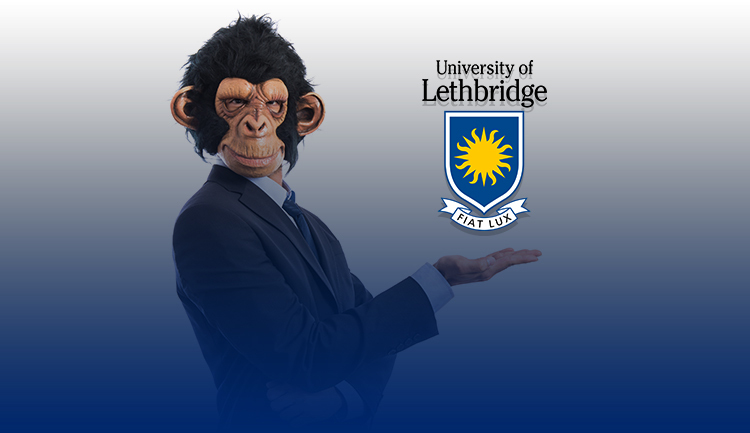Attraction to gambling and the thrill people get from experiencing a new slot machine game or the spin of roulette is the thing that keeps gaming enthusiasts hooked on casino action. There could be a deeply rooted reason for that which is observed in Bali long-tailed macaque monkeys that can barter and even find it an enjoyable activity. Now Jean-Baptiste Leca, a psychology professor at the University of Lethbridge wants to see if they can gamble just as well.

Small monkeys in exotic locations are known for their attraction to shiny objects and tourists are often advised to leave any valuable objects safely stored in their hotel rooms safes when they plan on spending time near some of the monkeys. In this case, Bali is known for its macaque monkeys that have significant bartering skills, which they use on a daily basis. A Canadian professor wants to see whether or not these monkeys are also capable of gambling.
Gambling Study Process Exits Labs
 The findings of this research would help problem gambling studies seeking a deeply rooted drive towards gaming activities. Over the years of research, Mr. Leca has observed the stealing habits of said monkeys and their subsequent attempts of bartering for pieces of food and small fruits. Often they would steal mobile phones, wallets, and other valuable small objects and then try and succeed in exchanging them for the pieces of food tourists have in their hands or bags.
The findings of this research would help problem gambling studies seeking a deeply rooted drive towards gaming activities. Over the years of research, Mr. Leca has observed the stealing habits of said monkeys and their subsequent attempts of bartering for pieces of food and small fruits. Often they would steal mobile phones, wallets, and other valuable small objects and then try and succeed in exchanging them for the pieces of food tourists have in their hands or bags.
He has concluded that as time progresses, the monkeys become even better in the art of bartering and wait for the right moment to return the valuable possession to its rightful owner. They develop their will power to extend the bartering process and accept only the piece of food they would really like to have. It appears that they become better with time, which could mean that their gambling skills could also be developed at some point.
What the professor plans on doing next is fly to Bali and observe their behavior from up close. The second phase of his research would aim to prove their potential gambling skills deeply rooted in their brains. Based on his previous findings, including the fact that more valuable possessions often could be exchanged for better food items, he wants to go above and beyond and potentially boost problem gambling research.
Monkeys Might Demonstrate Cognitive Bias
Mr. Leca wants to spice things up a bit and introduce the element of chance to the bartering already taking place in Bali. The monkey would be subjected to a typical slot machine mechanics that is able to keep players in their seats for hours on end. The less predictability there is, the longer an individual is willing to play, eventually burning through a copious amount of cash.
Problem gamblers feel like they could put an end at any given moment but, in fact, it is often the game that controls them. Cognitive bias would be tested seeking evidence whether the macaques experience the so-called feeling that the big winning is right around the corner. If they showcase such a way of thinking, this would mean that the origins of gambling addiction could be traced all the way back to a more primitive evolutionary phase.
Gambling research is crucial for battling gambling addiction in its various stages. Alberta is not the only province willing to reach new heights since the British Columbia government made it clear it would pour some CA$1.36 million into the Centre for Gambling Research at University of British Columbia over the next five years. This would boost the study on the dopamine response to gambling with the help of The UBC Centre for Brain Health’ brain scanner.

